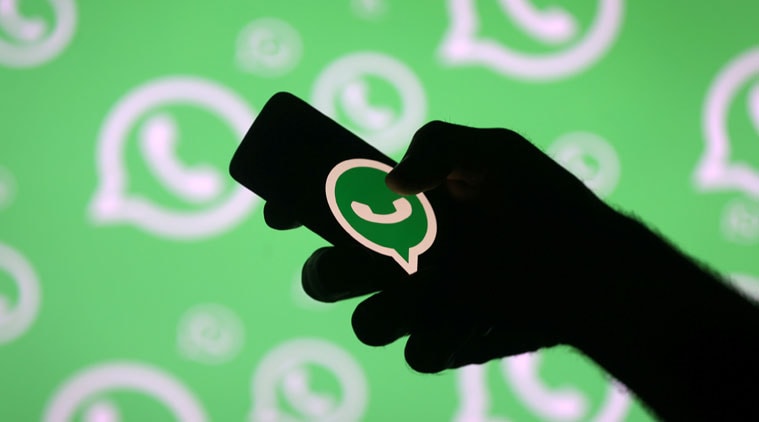 The Supreme Court pulled up a trial court for framing charges against a former minister and his wife, an MLA over a WhatsApp call. (Representational)
The Supreme Court pulled up a trial court for framing charges against a former minister and his wife, an MLA over a WhatsApp call. (Representational)
The Jharkhand High Court has sought a reply from the Principal District and Sessions Judge of Hazaribagh, taking cognizance of the matter in which the Supreme Court pulled up a trial court for framing charges against a former minister and his wife, an MLA, over a WhatsApp call.
In its September 7 order, an apex court bench of Justices S A Bobde and L N Rao sought a reply from Jharkhand government with specific regard to video-conferencing within two weeks. Taking serious note of the framing of charges over a WhatsApp call, the bench had asked the counsel for Jharkhand, “What kind of a trial is this? Is this a kind of joke?”
According to official sources of the High Court, a reply has been sought from the Principal District Judge of Hazaribagh. “While no time-limit has been fixed, it is expected that the reply would be furnished at the earliest,” said a top official. Yogendra Sao, a former minister, and his wife and Congress MLA from Barkagaon Nirmala Devi had approached the Supreme Court with a petition demanding transfer of criminal cases against them from Jharkhand to Delhi. It was in this context that the counsels representing Sao pointed out to the court that the charges against him were framed over a WhatsApp video call on April 19.
The couple have been booked in many criminal cases, most of them pertaining to protests and demonstrations, including ones involving violence, in Barkakana area of Hazaribagh. They have been leading agitations against what they allege as fraudulent and forcible land acquisition by the NTPC.
Earlier, in connection with an incident of violence, the couple and their son Ankit Raj had surrendered before the lower court on May 25, 2017 after bail granted by Jharkhand High Court was cancelled by Supreme Court. Subsequently, on December 15, 2017, the Supreme Court granted bail to them on the condition that they would not enter Jharkhand and attend court proceedings from Bhopal through video-conferencing.
The Jharkhand government counsel has argued that proceedings were carried out over a WhatsApp video call after slow Internet speed hindered the video-conferencing on April 19.